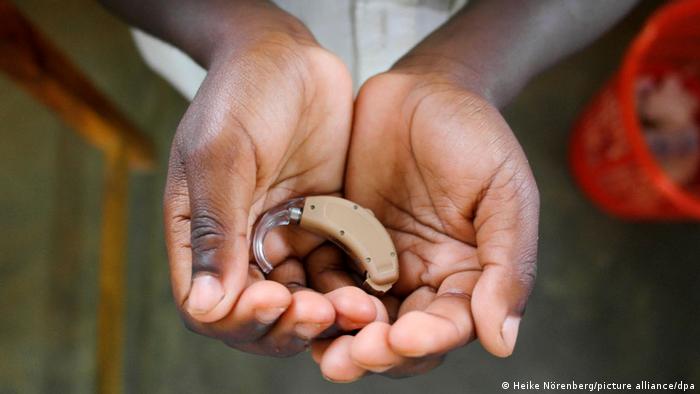HALF of us will get cancer at some stage and it is a disease that affects every family.
In the last few days broadcaster Dame Esther Rantzen, 82, has announced she has lung cancer, and former Royal butler Paul Burrell, 64, has spoken out about his prostate cancer diagnosis.
It’s a sickness that weighs on people’s minds and The Sun Health poll found 54 percent of readers are worried about getting a cancer diagnosis.
The four most common forms of cancer in the UK are breast, lung, prostate, and bowel, the latter being the disease Sun columnist Dame Deborah James raised so much awareness of before dying from it last June.
A healthy lifestyle – not smoking, regular exercise, and eating a nutritious diet – can reduce your risk.
Many forms of the disease are treatable, and the earlier cancer is caught, the more treatable it is.
As we gear up for World Cancer Day on Saturday, here are key symptoms to be alert to and speak to your GP about, according to the NHS . . . 
- You have had a cough for three weeks or more
- You notice a change in bowel habits lasting three weeks or more, including blood in your poo, tummy discomfort, and diarrhea or constipation for no obvious reason
- You have bloating for three weeks or more
- You experience unexplained bleeding e.g. between periods, from your bottom when you cough or vomit
- You find a lump in your breast, or elsewhere on your body that’s increasing in size
- You have a mole that changes shape, size, and color or becomes itchy or bleeds
- You have unexplained weight loss
- You suffer sustained tummy or back pain
- You get regular indigestion or heartburn with no obvious cause
- Your skin becomes itchy or yellow
- You keep feeling tired or unwell or feel like something isn’t right
- Remember, it’s unlikely to be cancer, but it’s wise to get symptoms like these checked out for peace of mind, and so your doctor can investigate further.





